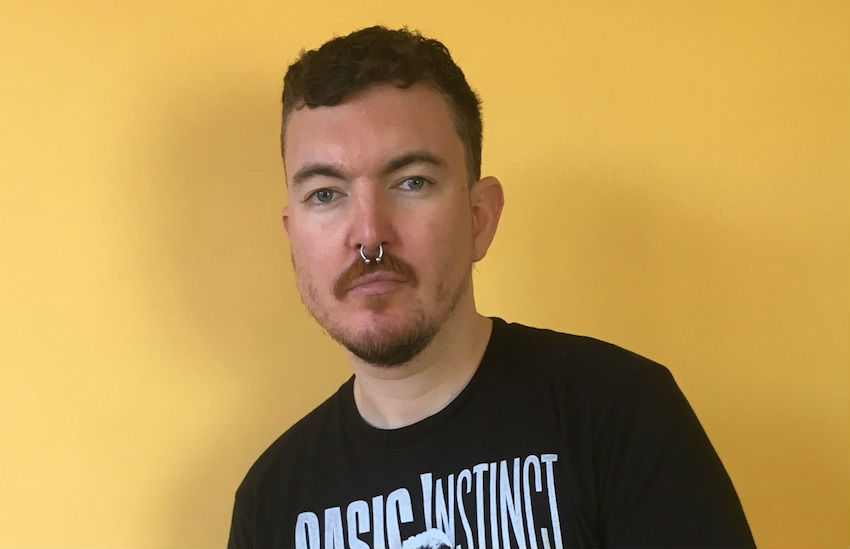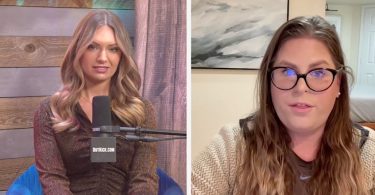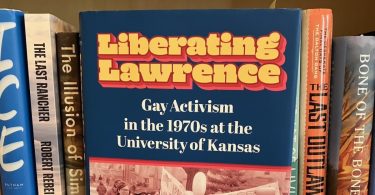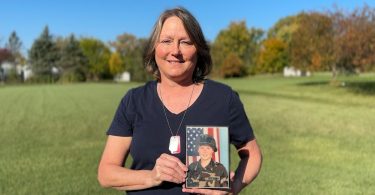To know me is to know my obsession with Mariah Carey. You need only look at the huge tattoo adorning my lower arm.
So it’s only fitting that a week after she outed herself as bipolar, here I am preparing to publicly discuss my own disability for the first time.
Although I’ve struggled with it all my life, it’s invisible to everyone else. I have ‘grand mal’ epilepsy.
My earliest memory of it is playing my Nintendo as a kid. My whole body would jerk every time Batman flashed on screen after being burned by The Joker’s acid. I thought nothing of it at the time. In some fucked-up way, it only made the game more real.
As I got older, mum and I would be driving through the countryside to my grandparents. As the sun shone between the trees, I’d blackout. Only for a second, but enough to forget what I was talking about.
I even asked Mum, ‘How do you drive the car when your eyes go funny with the sun?’ She won’t like me saying it, as she dismissed me at the time. It’s understandable. There was nothing visibly wrong with me and I only asked once.
Blackouts turn to seizures
It wasn’t until university that I knew something was up. I’d begun drinking a lot more and the mini blackouts were getting worse. One morning I was in bed, probably still drunk, my temperature was soaring, my mind was racing and… well, then I don’t know what happened.
I do know that I woke up, I’d banged my head against the wall, my tongue was bleeding and I felt like I’d strained every muscle in my body.
I didn’t want to deal with it. I was still in the closet and saw myself as already secretly ‘disabled.’ But after this experience, I conceded, it was time to get help.
The doctor immediately sent me to a specialist, where I had several scans before being told, ‘You have “grand-mal” epilepsy. We don’t know what triggers it. Everyone is different. You need to take pills for the rest of your life. They might stop attacks but we can’t guarantee it.’
OK, the doctor was a little less curt than that, but this makes for a better story and to be honest, those were the only words my mind clung to as he broke it down.
Resisting the diagnosis – and my sexuality
Now at this point you might think I would curb my lifestyle choices. But you’d be wrong. Instead I felt that if I gave in to epilepsy and admitted I was different, somehow I would be admitting I was gay too, certainly I would have felt ‘less of a man.’
That was all something I was just not prepared to tackle yet. In fact that was a secret I refused to tackle for another five goddam years. But like epilepsy, my life only got better after coming out and owning it. I mean now I have my own queer magazine. Hello?!
Anyway, I digress, back at uni, the drinking continued and thanks to the doctors’ meds, the attacks were less of a concern.
I had seizures all the way through my 20s, usually four or five a year but I just accepted it as part of the course.
I knew alcohol set it off and this began a weird guilt dynamic. Everytime I had a seizure, I would apologise to people for freaking them out, for having to care for me after and for knowingly causing it through my own careless behaviour.
Then in my 30s, I got ‘the job.’ I was working at a record label in London, talking to JLo and Mariah, going to The BRITS and getting freebies for Beyoncé at Glastonbury.
Triggers for my epilepsy
But all that came with a cost. My stress levels were beyond. I was working 12-hour days, glued to my Blackberry and, if I am truly honest, I was out of my depth. It was here that I learned stress was another of my triggers. I had eight seizures in my first year there.
I stuck by it before eventually quitting two years later. It wasn’t the only reason but it was part of it.
So then I began to write freelance, work part-time for a charity and also did some bar-work on the side. It may not have been as glamorous but my seizures went back down to four a year again. After two years of that, I decided to leave the London lifestyle completely and head for Barcelona. I’ve lived here for two years and had one attack. Long may that last.
In some way I feel like I’ve had to sacrifice my career for my health – but maybe I’m just using my epilepsy as an excuse to not follow the harder path. Ultimately, I am unable to tell you the answer. Either way, I am having less seizures and this can only be a good thing.
The threat of living with epilepsy
One Saturday night, last September, I received a text informing me that a friend, a fellow epileptic, had passed away after a seizure.
I was devastated for his family, beyond sad that I’d lost a good friend but also reminded me of the seriousness of the disease and just how much control it has over you.
Not only was he an epileptic, but he too was a die-hard lamb (it always comes back to Mariah!). I know, had he still been here, we would both be discussing Mariah’s shock announcement from last week.
Thanks to her and people like her, constantly coming forward about their invisible disabilities, we can share our knowledge and experiences and reduce the stigma attached to each of them, one by one.
If there is one good thing I can take from my epilepsy it is this: sometimes we prioritise our career too much.
Society has taught us to have our goal in life, to be driven and ambitious, usually sacrificing our health in the process. But what is the point if you’re hurting yourself in the process? Sometimes we need to look at the bigger picture and really reassess those priorities.
Michael Turnbull is the founder of Loverboy magazine.







